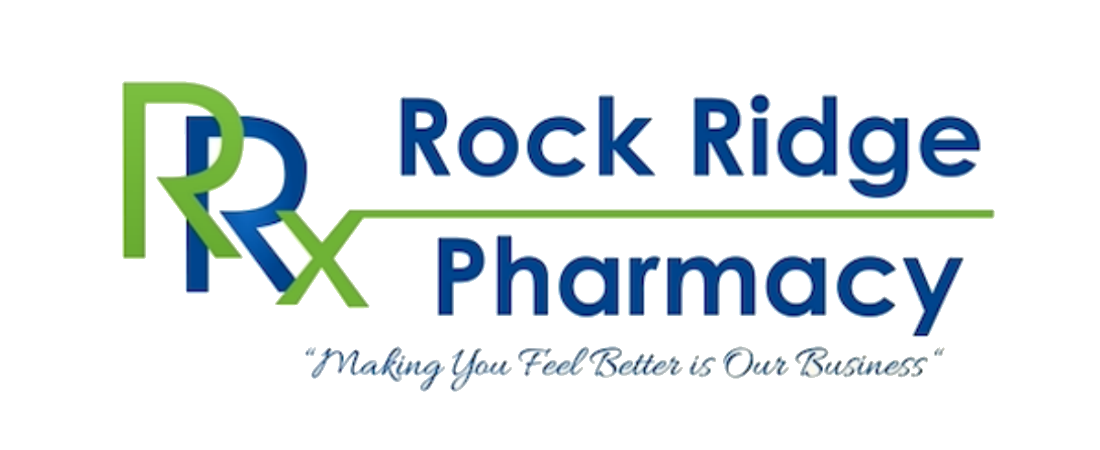Shopping for supplements seems simple, until it’s not. You flip the bottle around, scan the label, and suddenly you’re face-to-face with a list of unfamiliar ingredients, bold claims, and tiny certifications you’ve never heard of. In a market where quality varies widely, knowing how to verify supplement purity isn’t just smart, it’s necessary.
Let’s walk through what purity really means, how it impacts your health, and the steps you can take to avoid contaminated or underdosed products.
Why Supplement Purity Matters
Purity refers to how free a supplement is from contaminants like heavy metals, pesticides, and fillers, and how accurately the label reflects what’s actually inside. If a product isn’t pure, it might contain less of the active ingredient than advertised or be tainted with substances that could harm your health.
The supplement industry is loosely regulated in the U.S. Manufacturers are responsible for making sure their products are safe and accurately labeled, but not all live up to that promise. That’s why it falls on you, the consumer, to understand what to look for.
How to Read Supplement Labels for Purity Clues
The label is your first line of defense. Look for a clear list of active and inactive ingredients. A transparent company will state exactly what’s in each serving, including binders, coatings, and additives. Avoid supplements that list vague terms like “proprietary blend” without breaking down the amounts of each component.
You’ll also want to check the daily value percentage (%DV). If something contains way over 100% without medical necessity, it could be a red flag for poor formulation.
Brands like Rock Ridge Pharmacy are known for clearly labeled, pharmacist-approved supplements. Each product on their site provides ingredient breakdowns and transparent dosage info so you’re never guessing what you’re putting in your body.
Look for Third-Party Testing and Certifications
The most trustworthy supplements are verified by independent labs. These labs test for potency, purity, and contaminants. When a supplement has third-party testing, it often carries seals like:
- USP Verified (U.S. Pharmacopeia)
- NSF Certified
- ConsumerLab Approved
These seals mean that the supplement contains what it claims and is free of harmful substances like lead, mercury, and arsenic. It also shows that the product dissolves properly in the body.
At Rock Ridge Pharmacy, many of the supplements come from trusted brands that meet rigorous third-party standards. This added layer of trust makes it easier for you to shop with peace of mind.
Ask the Right Questions About Manufacturing Practices
Purity isn’t just about the ingredients, it’s also about how the supplement is made. Does the company follow GMP (Good Manufacturing Practices)? Are their facilities FDA-registered? Is there a Certificate of Analysis (COA) available?
A COA verifies that a batch of supplements has been tested for quality and matches label claims. You can usually request one from a reputable manufacturer. If a brand won’t provide this info, that’s a red flag.
Rock Ridge Pharmacy only partners with companies that operate under strict GMP standards. Their curated collection includes high-quality vitamins and minerals like those found here, so you’re not left questioning the source.
Beware of Unrealistic Claims
If a supplement claims to “cure” anything, promises results “overnight,” or says it works for “everyone,” be cautious. These claims often come from brands that are more interested in marketing than safety.
Instead, look for supplements that offer specific benefits supported by clinical evidence. For example, a product may say it “supports immune function” or “promotes restful sleep,” which are legitimate, science-backed statements.
Understand the Role of Purity in Absorption
Purity isn’t just about avoiding harmful ingredients. It also affects how well your body can absorb and use the nutrients. A product filled with cheap fillers or unnecessary binders might pass through your system without doing much.
High-purity supplements are often formulated with bioavailable forms of vitamins and minerals that your body recognizes and can use effectively. That’s one of the reasons why it’s worth investing in brands that prioritize quality over cutting corners.
Trust Reputable Retailers
Online marketplaces are flooded with knockoffs and expired inventory. Stick to trusted sellers with a history of safety and good reviews. Choose licensed pharmacies or medical-grade supplement stores over random third-party vendors.
What to Do if You’re Not Sure
Still unsure whether your supplement is pure? Contact the brand directly. Ask for their testing practices, sourcing information, and third-party certifications. A quality company will be happy to share that information.
Or skip the guesswork altogether and shop where you know purity comes standard. Rock Ridge Pharmacy offers a wide range of third-party-tested products that meet the strictest safety guidelines, including this magnesium citrate and magnesium L-threonate.
Final Thoughts
Knowing how to verify supplement purity helps protect your health and your wallet. The more you understand what goes into your supplements, and what should stay out, the more confident you can feel about your choices.
Invest in your health by asking questions, checking labels, and choosing trusted pharmacies like Rock Ridge. You’ll get the quality you deserve and the peace of mind that comes with it.
Disclaimer: This article is intended for informational purposes only. Please consult your healthcare provider before starting or changing any supplement regimen.





